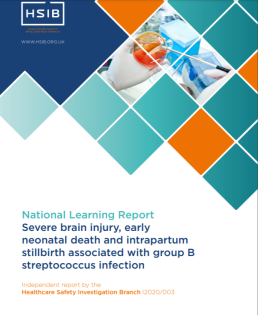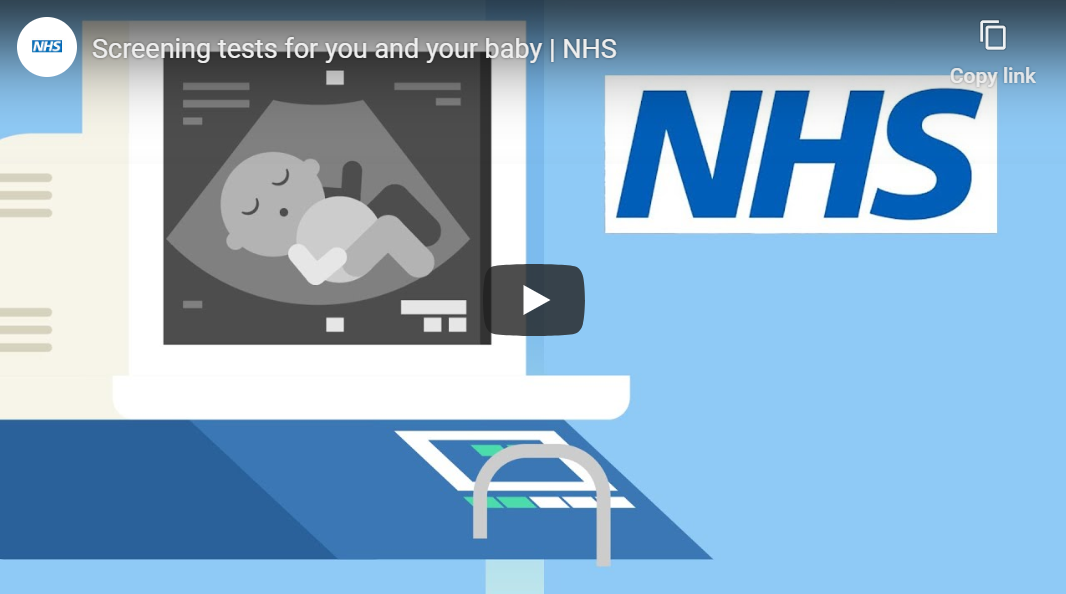Review (77 trials; n=40,249) found that administering low‐dose aspirin to pregnant women led to small‐to‐moderate benefits, including reductions in pre‐eclampsia, preterm birth, baby being born small‐for‐gestational age and foetal/neonatal death.
Duley L, Meher S, Hunter KE, Seidler AL, Askie LM. Antiplatelet agents for preventing pre‐eclampsia and its complications. Cochrane Database of Systematic Reviews 2019, Issue 10. Art. No.: CD004659. DOI: 10.1002/14651858.CD004659.pub3.
Read the full article here



